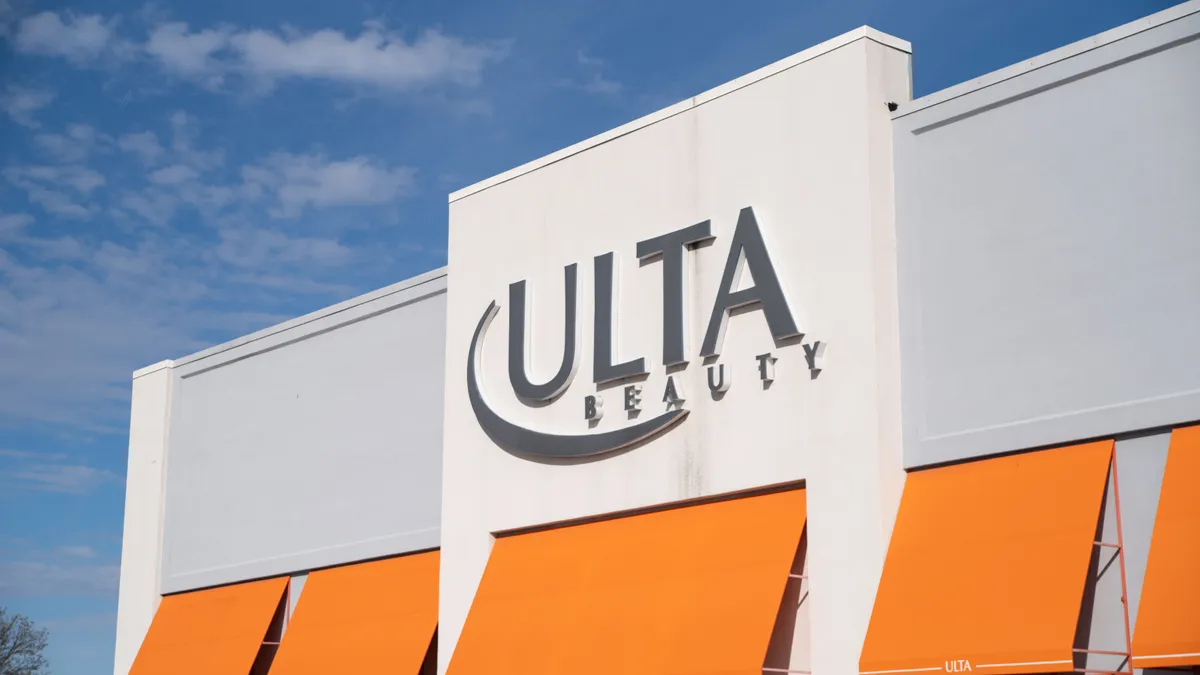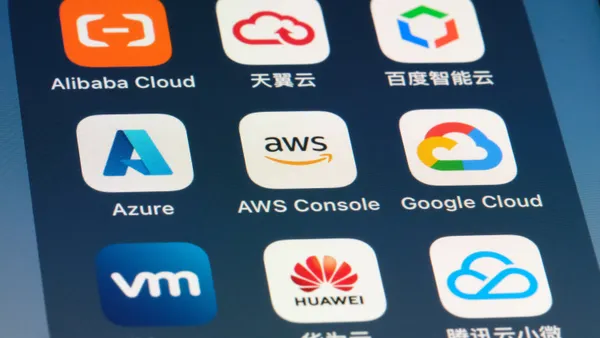Dive Brief:
- Ulta is undergoing a multiyear modernization effort to overhaul its ERP systems and transform operations, the company said during its Q3 earnings call Thursday.
- The beauty retailer plans to invest $160 million to $180 million into the effort, dubbed Project SOAR, over the next three years. The majority of investments are planned for fiscal years 2022 and 2023.
- The overhaul represents a "multigenerational opportunity" to reshape business flows, improve processes and remove inefficiencies, according to Scott Settersten, CFO at Ulta.
Dive Insight:
Following a brief pause amid the pandemic, companies have taken on more ambitious IT projects in 2021, in line with leadership's guidance to accelerate growth. Ulta is looking at modernizing its ERP systems — typically a central component of the tech stack — as a way to improve operations and cut costs.
"In addition to providing us with more flexible and scalable operating environment, this new platform will support future growth and innovation," said Settersen. "We expect to begin to see operational benefits from this investment in fiscal 2023."
Companies normally seek ERP overhauls because of two main reasons, Forrester VP and Principal Analyst Liz Herbert said in an email:
- An existing platform reaches end of life, whether that's a system going out of support, no longer receiving meaningful vendor updates, or becoming so archaic that there are no resources still familiar with the system.
- The system no longer serves the business, either because it has poor usability, performance, flexibility, or it's no longer based on modern business models and needs.
The complexity of ERP overhauls leads more than half of projects to modernize legacy technology to failure, according to a Boomi survey of 1,675 tech leaders. The top three objectives of ERP modernization projects are to streamline processes and improve worker productivity, improve IT agility and enable further innovation, according to the report.
Retailers are usually looking to leverage modern ERP solutions that can tie into areas such as product management, inventory, and even supply chain, according to Herbert. One key advantage is visibility: knowing what's in stock, what's out of stock and what's needed where.
To become more predictive, a modern ERP system with embedded analytics "is the path to doing that," Herbert said.
But ERP modernization is complicated because the systems tend to interact with multiple core company processes. Of organizations that have completed ERP implementation, just four in 10 managed to do so at or under budget, according to the 2021 ERP Report published by Panorama Consulting Group.
"Even with an ERP that's really well suited to your industry, there's always going to be things that you do that are different," said Herbert. "Being able to customize it and test your customizations, that takes time."














